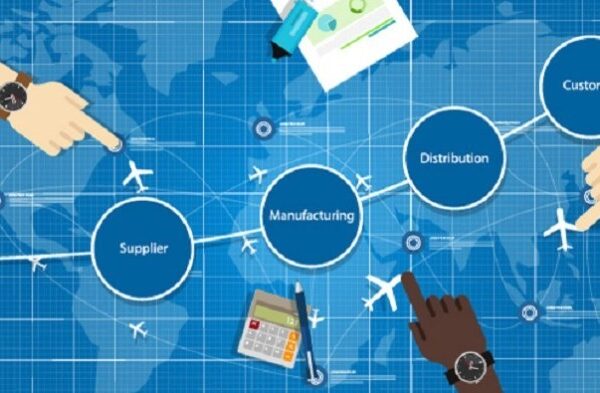Earlier this month, the Department of Agriculture, Water and the Environment (DAWE) hosted two virtual biosecurity forums, the second of which involved a range of Australian importers. DAWE’s delegates have now met with 19 industry representatives across the import and logistics sector, to identify issues and solutions in the delivery of biosecurity assessment and inspection services, reform priorities and biosecurity funding arrangements.
The sessions opened with discussions on how COVID-19 and climatic changes are altering the biosecurity landscape, with new risks emerging due to trade from non-traditional sources, changes to consumer purchasing habits, more frequent arrival of hitchhiker pests in sub-standard shipping containers, and changes in pest and disease distribution.
DAWE acknowledges that significant reform is required in their import systems, some of which are over 30 years old. Securing access to better data and intelligence along supply chains would also help to reduce the risk of harmful pests and diseases coming to Australia.
Industry representatives were asked to list their top priorities for reform and give their views on current biosecurity funding arrangements. Several common themes emerged, with importers expressing a number of major concerns, including:
- the complexity of the biosecurity system and how the risk profile is changing as evidenced by the recent Khapra beetle incursion in cardboard packaging used for goods considered low risk which were imported from regions at a time that was also considered low riskÂ
- not all businesses can track container movement across their supply chain
- need for a multi-layered approach to intervention (machinery parts stored inside pose a different risk to large machinery stored outside)
- approved arrangements to be sector specific as well as agile (e.g., apply to all importers of furniture or large machinery); this would serve to facilitate sector wide best practice.
DAWE agreed to investigate the use of importer photographs of containers before the goods depart for Australia; areas of overlap/duplication with the Australian Border Force; removal of outdated documents from systems; and issues around congested empty container parks.Â
Attendees at both forums appreciated the opportunity to express their concerns and reform priorities, and agreed to reconvene in smaller, targeted groups over the coming weeks to identify and implement quick wins to relieve some immediate pressures.
As a licensed Customs Broker and International Freight Forwarder, Colless Young offers correct, professional advice on all your import requirements. Based in Brisbane, we provide a complete range of logistics services, including exports, both air and sea freight, through all Australian ports and airports. We handle customs clearance, shipping, trucking, warehousing and fumigation.

